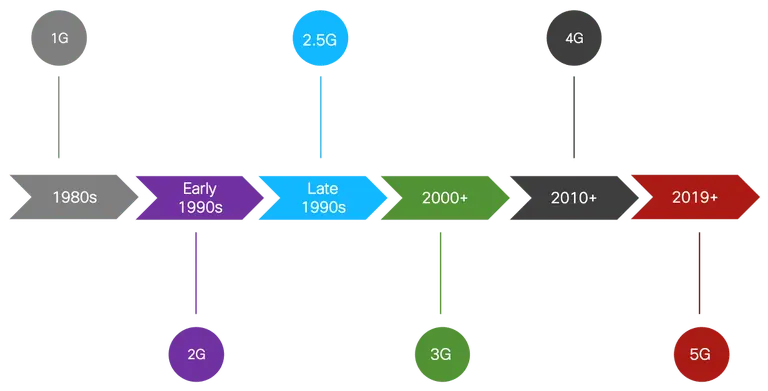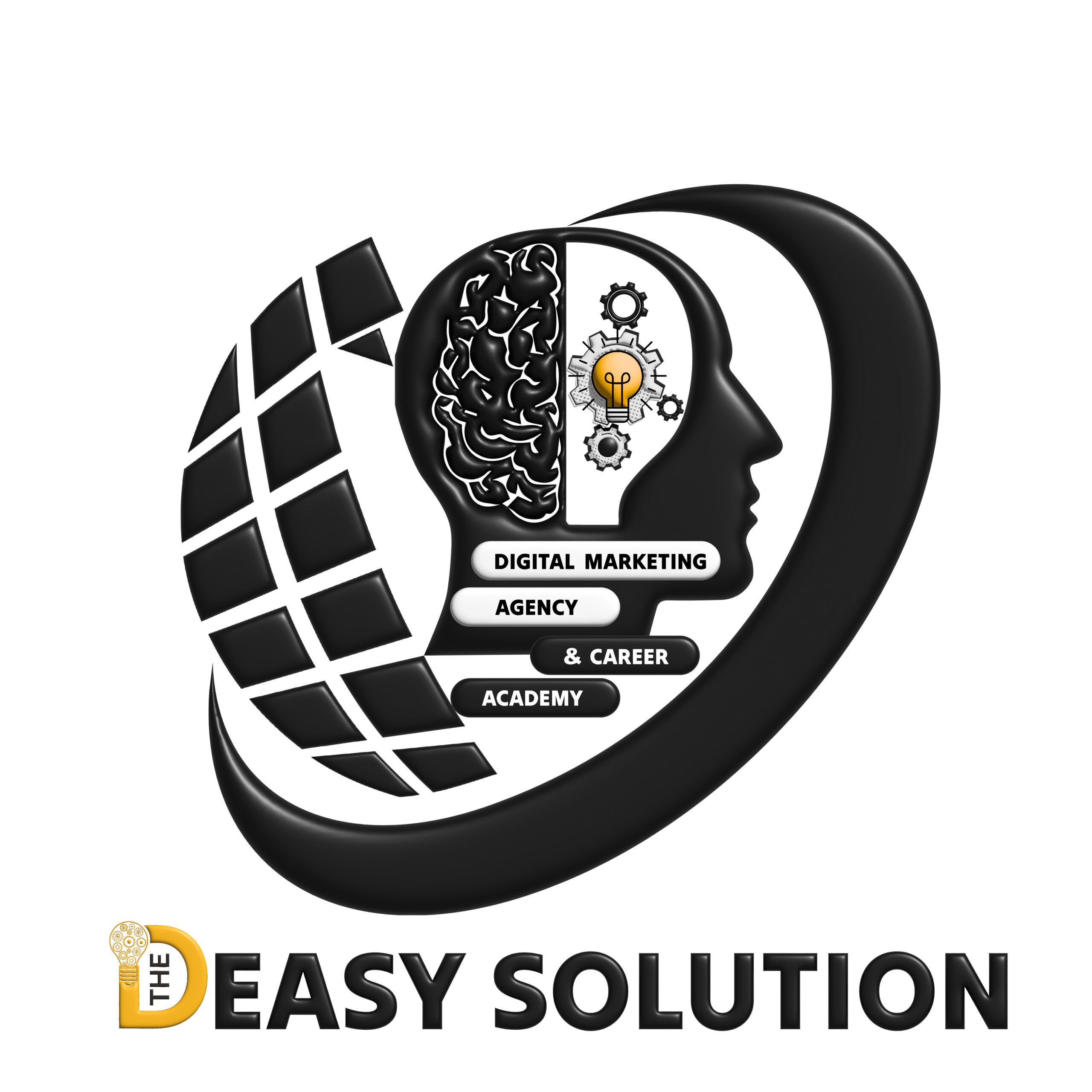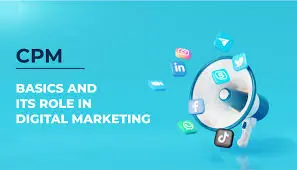“Adaptability is about the powerful difference between adapting to cope and adapting to win.”
5G technology is not just an evolution it is a change that promises to update our digital experiences with a new level of speed, connectivity, and efficiency. As digital marketing continues to evolve, 5G starts a flow of new possibilities that will shape the future of how businesses engage with their audiences. In this blog, we will explore the impact of 5G on digital marketing strategies, diving into what 5G is, its brief history, and how it is set to transform digital marketing strategies. From the benefits and challenges to future opportunities, discover how 5G will redefine your digital marketing strategies.
What is 5G? A Brief Overview
Before we explore how 5G affects digital marketing strategies, let’s first understand what 5G is. 5G stands for the fifth generation of mobile network technology. It is the latest upgrade from previous networks like 4G and 3G. The key features of 5G are faster internet speeds, more reliable connections, and the ability to connect many devices at once. But 5G is more than just speed. It opens up new possibilities like real-time data processing, better connections for smart devices (like smart homes and wearables), and improved experiences for things like video streaming and online gaming. Essentially, 5G is designed to support our increasingly connected world, making everything from streaming videos to using smart devices smoother and faster, which is crucial for modern digital marketing strategies.
The Evolution of 5G Technology: A Historical Journey


The journey to 5G started in the 1980s with 1G, the first mobile network that allowed people to make voice calls on the go. However, it was slow and only worked in certain areas. In the 1990s, 2G was introduced, which switched from analog to digital signals, allowing for clearer calls and the ability to send text messages.
This was a big step forward for communication and early digital marketing strategies. Next came 3G in the early 2000s, which made it possible to access the internet on mobile phones. This was when people started browsing the web and using apps on their phones, further evolving digital marketing strategies. In the 2010s,
4G arrived, bringing faster internet speeds and making video streaming, online gaming, and social media more enjoyable and smooth, which transformed digital marketing strategies.
Finally, 5G was developed in the late 2010s. 5G is set to transform how we use technology, making everything quicker, smoother, and more reliable, thus influencing digital marketing strategies in profound ways.
The Impact of 5G on Digital Marketing Strategies
1 Enhanced Mobile Experience
With 5G, the mobile experience will reach new heights. Faster download and upload speeds mean that websites, apps, and other digital content will load almost instantaneously. This has profound implications for user experience (UX), which is a critical factor in digital marketing strategies. Google’s algorithms prioritise sites that offer fast, seamless experiences, especially on mobile devices, making 5G essential for effective digital marketing strategies.
2 Richer Content and Interactive Experiences
5G will make it easier to deliver richer, more immersive content. High-definition video, 4K streaming, and interactive AR and VR experiences will become more accessible to the average consumer. This opens up new avenues for content marketing, where brands can engage users with compelling visual narratives and interactive elements that were previously constrained by bandwidth limitations, thereby enhancing digital marketing strategies.
3 Personalized Marketing at Scale
The increased speed and capacity of 5G networks will enable more effective data collection and processing. This means marketers can gather more detailed insights into user behavior and preferences in real time. With this data, you can deliver highly personalized content and offers at the exact moment they’re most relevant to the user. Personalized marketing is not just a nice-to-have; it is becoming a necessity as consumers expect tailored experiences, making it a crucial element in digital marketing strategies.
4 Improved Location-Based Marketing
5G will enhance the accuracy and responsiveness of location-based marketing efforts. With faster data processing, businesses can offer real-time location-based promotions, driving foot traffic to physical stores or events. Additionally, 5G’s low latency will support more sophisticated geofencing tactics, allowing marketers to target consumers with hyper-localized content as they move through different areas, there by refining digital marketing strategies.
5 Real-Time Data and Analytics
5G will enable real-time data collection and analysis, providing marketers with the ability to make quicker, more informed decisions. This will be particularly useful for dynamic pricing, inventory management, and campaign optimization. Marketers will be able to test and tweak campaigns on the fly, based on real-time feedback, to maximize effectiveness, an essential aspect of modern digital marketing strategies.
6 Increased Focus on Privacy and Security
While 5G offers incredible benefits, it also raises concerns about data privacy and security. With more devices connected to the network, the potential for data breaches increases. As a marketer, it’s essential to prioritize data protection and build trust with your audience by being transparent about how their data is used. This is increasingly important in crafting responsible and trustworthy digital marketing strategies.
Challenges of 5G in Digital Marketing Strategies
Data Privacy and Security
5G’s enhanced connectivity allows for more detailed data collection, raising concerns about data privacy and security. Marketers must ensure they comply with privacy regulations and implement robust data protection measures within their digital marketing strategies.
High Implementation Costs
Integrating 5G technology into digital marketing strategies involves significant costs. Businesses need to invest in new infrastructure, tools, and technologies to fully leverage 5G’s benefits.
Managing Increased Data Volume
The faster speeds and higher data capacity of 5G generate more data. Marketers will need advanced analytics tools to handle and make sense of this increased data volume effectively as part of their digital marketing strategies.
Regulatory Challenges
Navigating the regulatory landscape for 5G technology can be complex. Marketers must stay updated on legal requirements and ensure their digital marketing strategies comply with regulations
Security Risks
Security Risks: The increased connectivity of 5G could introduce new security vulnerabilities. Marketers must implement strong security measures to protect their digital marketing strategies and consumer data from potential threats, an essential component of secure.
Conclusion
In conclusion, 5G technology is poised to revolutionize digital marketing strategies, offering unparalleled speed, connectivity, and data processing capabilities. As businesses navigate this new landscape, they will find opportunities to create richer, more personalized, and interactive experiences for their audiences. However, the shift to 5G also presents challenges, including concerns over data privacy, high implementation costs, and the need for advanced analytics to manage the surge in data. By understanding these factors, marketers can craft effective digital marketing strategies that capitalize on the benefits of 5G while mitigating its challenges.





















